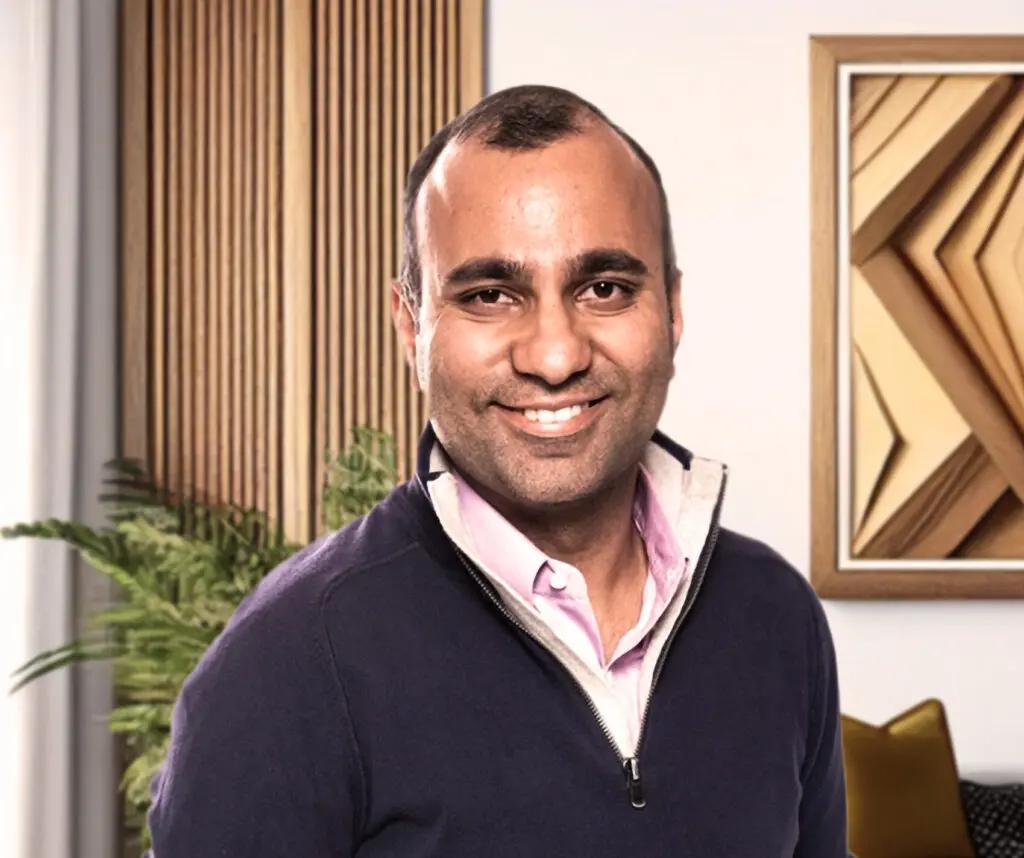
In the GovTech landscape, few teams are building a company that can have as big an impact on people’s lives as OneConcern. And leading the way at OneConcern is co-founder and CEO, Ahmad Wani. Ahmad and team are building a data driven emergency response platform that helps city governments respond to natural disasters in an intelligent manner in real time. It’s a big vision, and Ahmad has put together a stellar team of engineers, advisors, and investors to attack this problem. Accordingly, he was one of the first people I wanted to interview for this series. Here, I chat with Ahmad about what got him started on his current journey and what he thinks is key to getting off to a strong start in this space.
How did you get started on working in GovTech and what inspired the specific idea around OneConcern?
I luckily survived a traumatic flood in Kashmir, India in 2014. Days later, while returning to Stanford University thinking about the lack of data driven technology in disaster response, I met my friends Nicole Hu (CS Grad) and Tim Frank (an earthquake expert). We then decided to work on applying data science and machine learning to aid disaster response. What began as a research project grew into a mission to revolutionize emergency operation centers, leading to the founding of One Concern in May 2015.
OneConcern’s solution is needed at the city and county level, as well as at the state and federal level. But these entail completely different kinds of sales cycles and motion. How do you guys segment your market and prioritize your sales and marketing efforts?
I think these are not entirely different kinds of sales cycles. There are more similarities than differences. As a result, overwhelmingly, most companies’ public sector teams, although divided into A) Federal and B) State and Local Government roll up to a single leadership team and follow quite similar cadences. Further, funding is highly intertwined and often presents itself as “Federally funded, State managed, and Locally implemented.” This is certainly the case for the disaster resiliency spectrum.
On how we prioritize our sales and marketing efforts, this varies greatly depending upon (at minimum) market maturity, cost relative to departmental budgets, nature of commodity vs. customization, need/capability alignment, decision making authority+associated complexity, etc. Given our assessment of all the above (and then some) we decided to prioritize a) key at-risk geographies, b) regional thought leader cities and, c) to establish a presence immediately in every geographic theatre.
Given your own background is not in GovTech, what has helped thus far in getting initial conversations going with the right decision makers for such large contracts?
We have already hired and continue to build out a well balanced team of respected thought leaders, each bringing a unique skill, diverse perspective and government relationships to execute upon the priorities outlined above.
Any tips on how to get your first 4–5 customers signed up when creating a new category in GovTech?
When creating a new GovTech category, you do not necessarily need to master the art of Government sales, upfront, for the first 4–5 customers. Instead, understanding the specific nuances of the problem you are trying to address and the people who will be the primary users, is important, just like in any other market.
Exploring and increasing the intersection of what they need, and what you can provide, and limiting this to a bare minimum of what they will be willing to pay for, should be the first product. Many GovTech customers are used to legacy systems, and a platform where they can be a part of the design, and iterate is something which they welcome. It is also very important to be intellectually honest with the early believers of your product.
In my opinion, being focused on product and people (understanding the customer) are the two most important things which can help in establishing a compelling value proposition. This would then help identify innovation champions, as well as key achievable milestones, which can showcase the value of the product in broader theatre. Once on-board, the customer champions themselves, will try to educate you regarding the specific possible intricacies of procurement (given this is probably the first time they are procuring something like this), which should inform your decision regarding the specific background you would look for, in your first government focussed team member, as well as your specific procurement strategy.
What advice would you give to other entrepreneurs targeting GovTech as an area?
I’d offer three pieces of advice:
- The public sector is well behind on the innovative curve. Accordingly, understand that for any “big ticket procurement,” government typically operates in an 18 month discovery-to-acquisition cycle. Plan your hiring and financing accordingly.
- Surround yourself with Government sales experience at the right time.
- Finally, If you wish to go down the path of deciding to raise venture capital, it is critical to reach out to the right set of people, in other words, those who have vested in the idea of GovTech as a venture scalable space.
Authors



